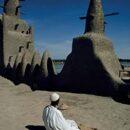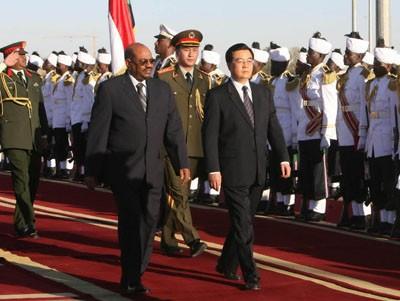Managing Political and Economic Claims to Land in Darfur
The headline is striking: The Land Question: Sudan’s Peace Nemesis. It reflects a growing body of opinion that conflict for land is an important, even the most important driver of conflict in Sudan, especially in Darfur, and that there is an urgent need for far-reaching reforms to land policy, management and administration: reforms which will include ‘the registration of rural land … to secure the rights of rural people’ and ‘modernised customary land institutions, which should be community based rather than simply grounded in tradition.’
These are ambitious prescriptions: two different perspectives show how ambitious. The first comes from the new, deeper international understanding of land tenure practice that has developed over the last decade. The second reflects lessons learned from an intensive effort to understand and address land issues in South Darfur during the 1980s.
James Morton’s analysis continues here: polecondfurland.pdf






